
Scholarly tradition
Although the examination-based education system in Quang Nam developed late due to historical and geographical factors, it progressed very rapidly. Titles such as "five phoenixes soaring together," "four tigers," "four heroes," "five sons passing the examination," and "father and son passing the examination" serve as evidence of the culmination and flourishing of the examination-based education system in Quang Nam.
Learning went hand in hand with practice. Those who passed the examinations in Quang Nam were appointed by the imperial court, becoming pillars of the nation. Their knowledge was used to govern the country and to... teach the king, and even to "argue" with him.
These successful candidates, upon becoming officials, were always praised for their integrity, fairness, uprightness, courage, righteousness, generosity, compassion for the people, and scholarly virtue. In particular, the four golden inscriptions "Integrity - Fairness - Diligence - Competence" bestowed by Emperor Tự Đức upon Nguyễn Tạo, the Head of Education in Quảng Nam, are a source of pride for the people of Quảng Nam.
Traveling broadens the mind. The intellectuals of Quang Nam have always been conscious of embracing new ideas and scholarship, such as the New Book Movement, the Eastward Journey, and the Dong Kinh Nghia Thuc (Eastern Capital School of Righteousness).
When on diplomatic missions or official duties abroad, they always paid attention to and observed advancements in science and technology to bring them back to the country for application, as in the case of Pham Phu Thu; or proactively sought advice and knowledge to broaden their understanding, as in the case of Nguyen Thuat consulting with Chinese and British intellectuals.
Capital for arguing
Scientific activity is based on a foundation of existing knowledge. This knowledge is transmitted through books.

In Quang Nam province, since the 17th century, there has been a family in Hoi An that amassed a vast collection of books, so much so that even the renowned Chinese and Japanese scholar Chu Shunshui was greatly surprised by this fact.
Almost all the books (published in China) that Chu Shunshui mentioned were already in the family's possession. This is evidence that the Cantonese people value academic knowledge – intellectual assets.
Scientific capital is also reflected in the acquisition of education and knowledge. Researchers in Quang Nam province possess a rich knowledge base, including renowned scientists and researchers such as Professor Hoang Tuy, Professor Huynh Ly, Professor Le Tri Vien, Professor Le Dinh Ky, Professor Nguyen Quang Hong, and Dr. Huynh Cong Ba…
Furthermore, Quang Nam province also has a group of researchers who, despite lacking academic titles or degrees, possess extremely deep and broad knowledge of local studies or a particular academic field.
Scientific integrity is also a form of scientific capital. Researcher Huynh Cong Ba was praised by many professors in Northern Vietnam for his scientific integrity.
Professor Chuong Thau commented on him: "With an extremely rich system of cited documents (...), there are many very new documents, meticulously cross-checked..., it is clear that the author has worked cautiously, seriously and achieved high efficiency."
We must argue for our own good.
Mencius once advised, "Too much faith in books is worse than having no books at all." Scientists must always have a spirit of reflection, critical thinking, and skepticism about existing knowledge in order to seek new insights.
Researcher Huynh Cong Ba has corrected erroneous interpretations of the origin of the place name " Da Nang ," as well as incorrect transliterations of many village and commune names in translations of the books "O Chau Can Luc" and "Phu Bien Tap Luc," and rectified the content of scholar Dao Duy Anh's book. He even corrected some misunderstandings and translation errors regarding epigraphic documents in his work "Vietnamese Han Nom Inscriptions."
When Professor Tran Quoc Vuong raised the question: "I (Professor Vuong) have conducted fieldwork from Quang Binh - Quang Tri (south of the Gianh River) to Quang Nam - Khanh Hoa, except for the place name Ap Bac in My Tho in the Mekong Delta, I haven't found any place name with the name Bac anywhere else."
For example (...): Tra Kieu Dong, Tra Kieu Tay, Tra Kieu Nam, Tra Kieu Trung… (Duy Xuyen); Cam Nam, Cam Tay, Cam Dong, Cam Thanh, Cam Chau… (outskirts of Hoi An). Why do they avoid names from the North?”
Researcher Huynh Cong Ba (while still a "student" - a doctoral candidate) countered: "From Quang Tri to Quang Nam, there is no such thing as a 'taboo' against using Northern names."
For example: In "Ô Châu Cận Lục" (16th century): In Minh Linh district there was the commune of Bắc Bạn. In "Phủ Biên Tạp Lục" (18th century): In Phúc Long commune (Tân Phúc district, Điện Bàn prefecture) there was the commune of Bắc Lâm. In Biệt Nỗ (Thăng Hoa prefecture) there was the commune of Yêu Bắc.
Furthermore, researcher Huynh Cong Ba also cited ancient maps to list other place names in Quang Nam province that contain the element "North," such as Bac Thon commune (twice), Ap Bac, Phong Le Bac, Cam Le Bac, Bac Ap (three times), Lang Bac, Chinh Bac, Bac Lam, Bac My, etc.
He further explained the infrequent appearance of the "North" element in place names in Quang Nam: "Vietnamese people continued to migrate south. When they arrived at a place, they established a new village and gave it a name (for example, X). Later, when the villagers expanded further south, they named it 'X South'. As for the old village, due to unchanging customs, people still called it 'X', not 'X North'..."
The spirit of scientific critique is not only prevalent among the academic community in Quang Nam province, but also flows through the veins of local researchers without academic degrees.
The case of researcher Le Van Hao is an example. He has written many articles criticizing and refuting research topics and works about Quang Nam province by authors with academic titles and degrees.
Notably, he critiqued the work on the religious beliefs of coastal residents in Quang Nam - Da Nang, and refuted the interpretations of the place name "Nai Hien" by renowned researchers in Quang Nam, published in the Da Nang Economic and Social Development Journal.
Researchers became "folk advocates." They possessed a wealth of village knowledge and expertise in Sino-Vietnamese documents. This helped local authorities resolve disputes over ancestral and later generations of prominent figures in many villages across Central Vietnam.
This is the academic prestige of the scientists from Quang Nam province.
Source: https://baoquangnam.vn/nguoi-quang-hay-cai-trong-hoc-thuat-3139044.html






![[Photo] Prime Minister Pham Minh Chinh attends the Conference summarizing and implementing tasks of the judicial sector.](/_next/image?url=https%3A%2F%2Fvphoto.vietnam.vn%2Fthumb%2F1200x675%2Fvietnam%2Fresource%2FIMAGE%2F2025%2F12%2F13%2F1765616082148_dsc-5565-jpg.webp&w=3840&q=75)



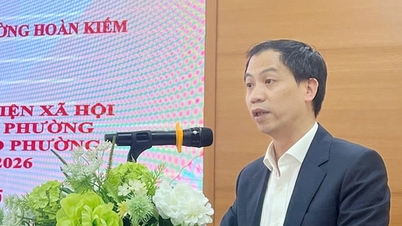



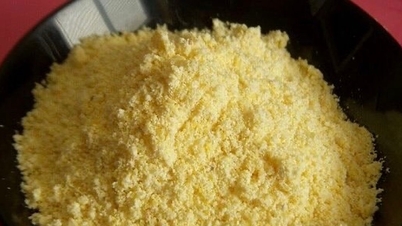
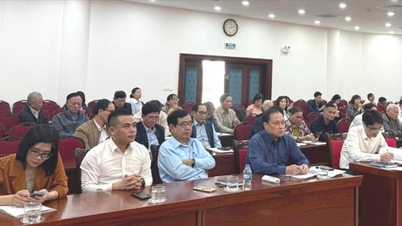
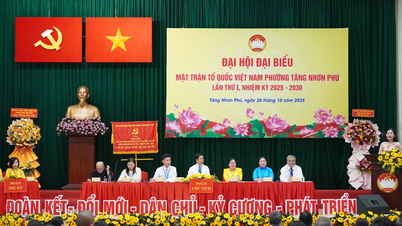

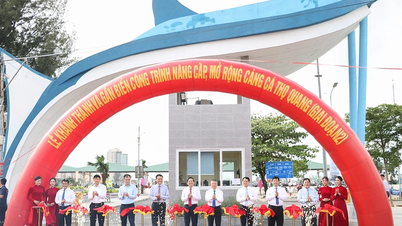





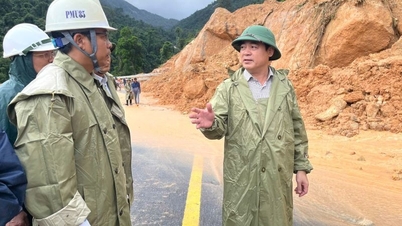

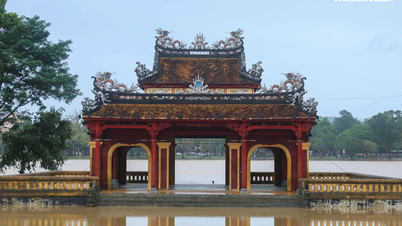










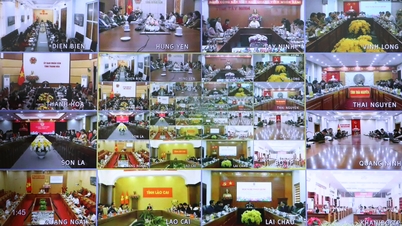



































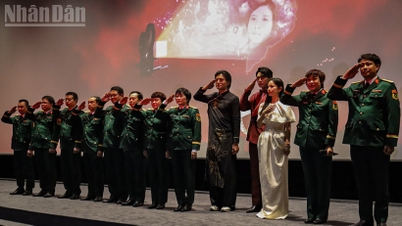
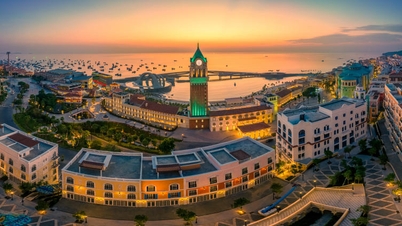

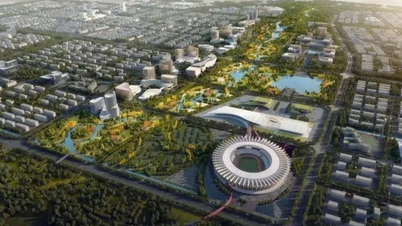
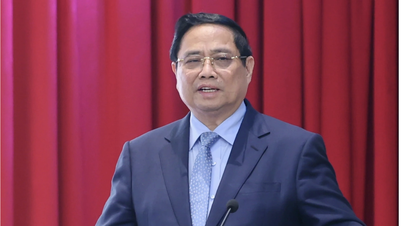
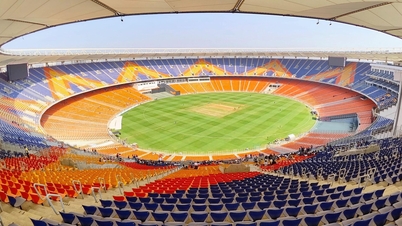

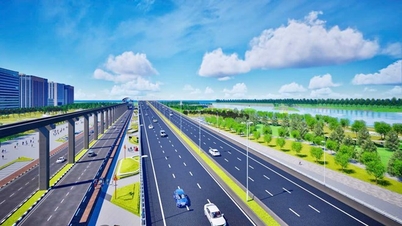
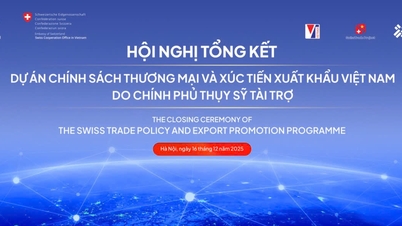

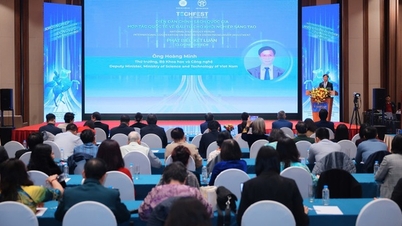

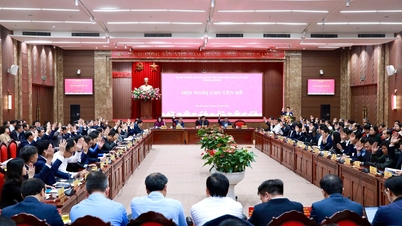

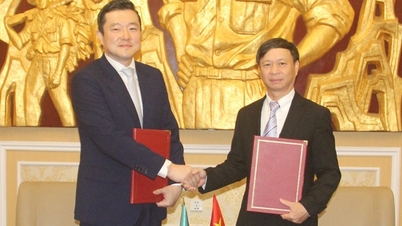
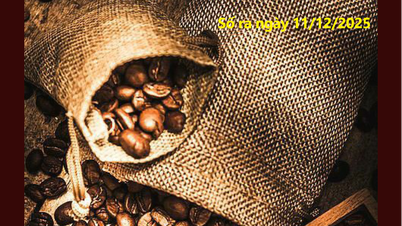
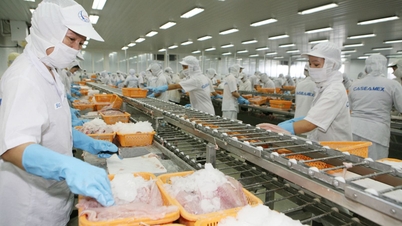
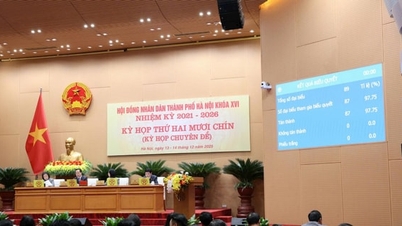


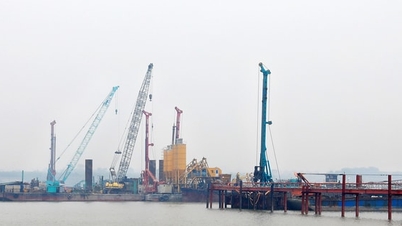
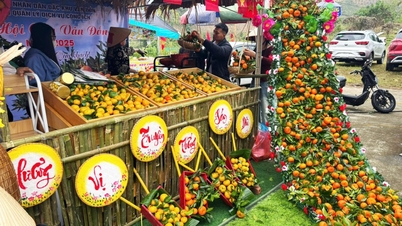

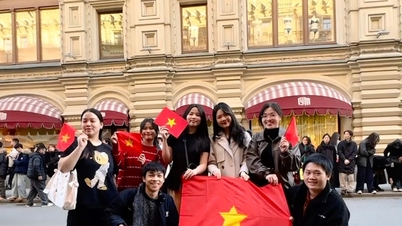
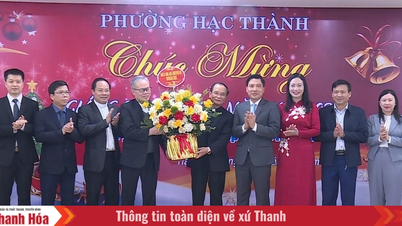














Comment (0)